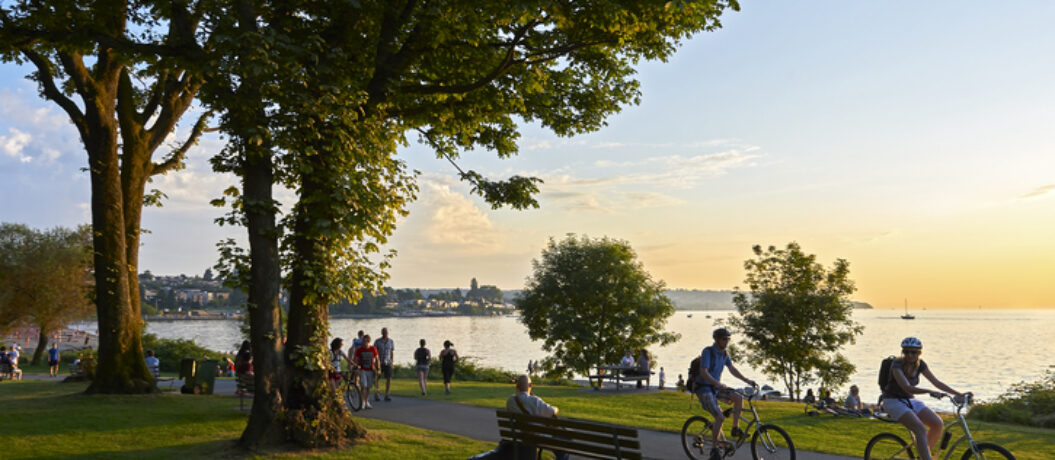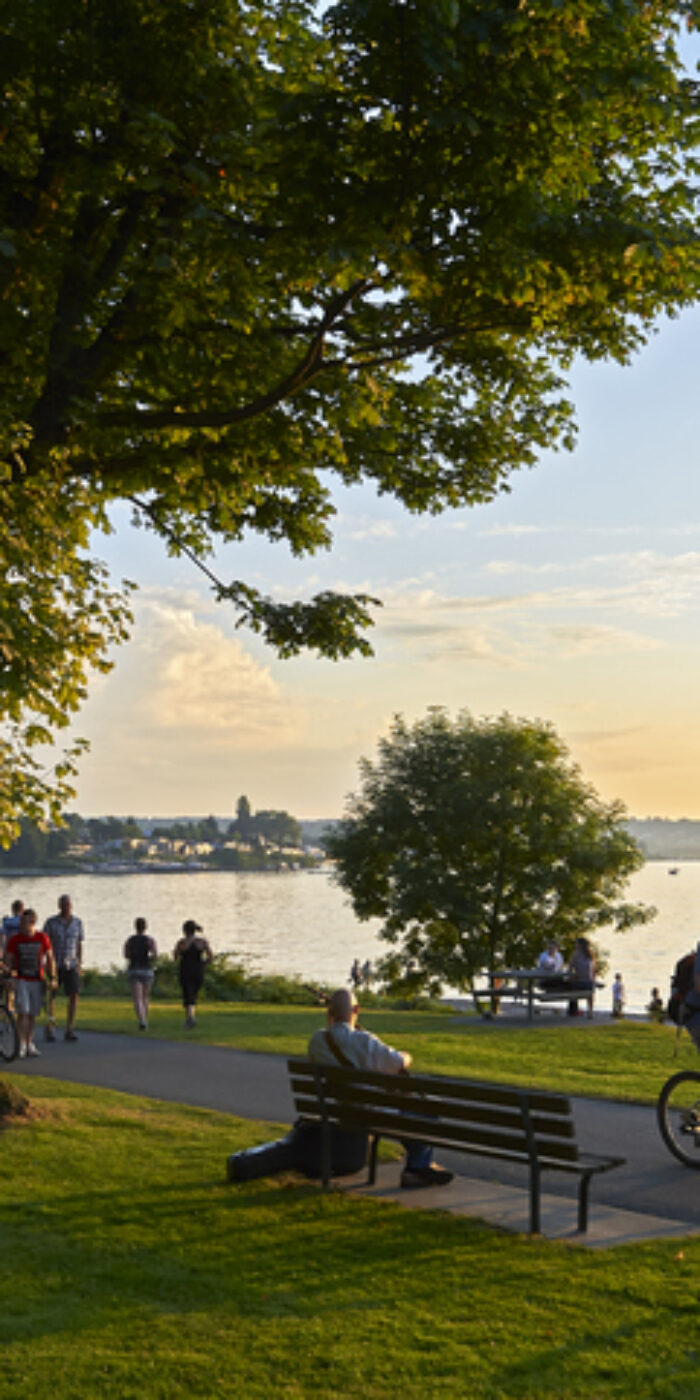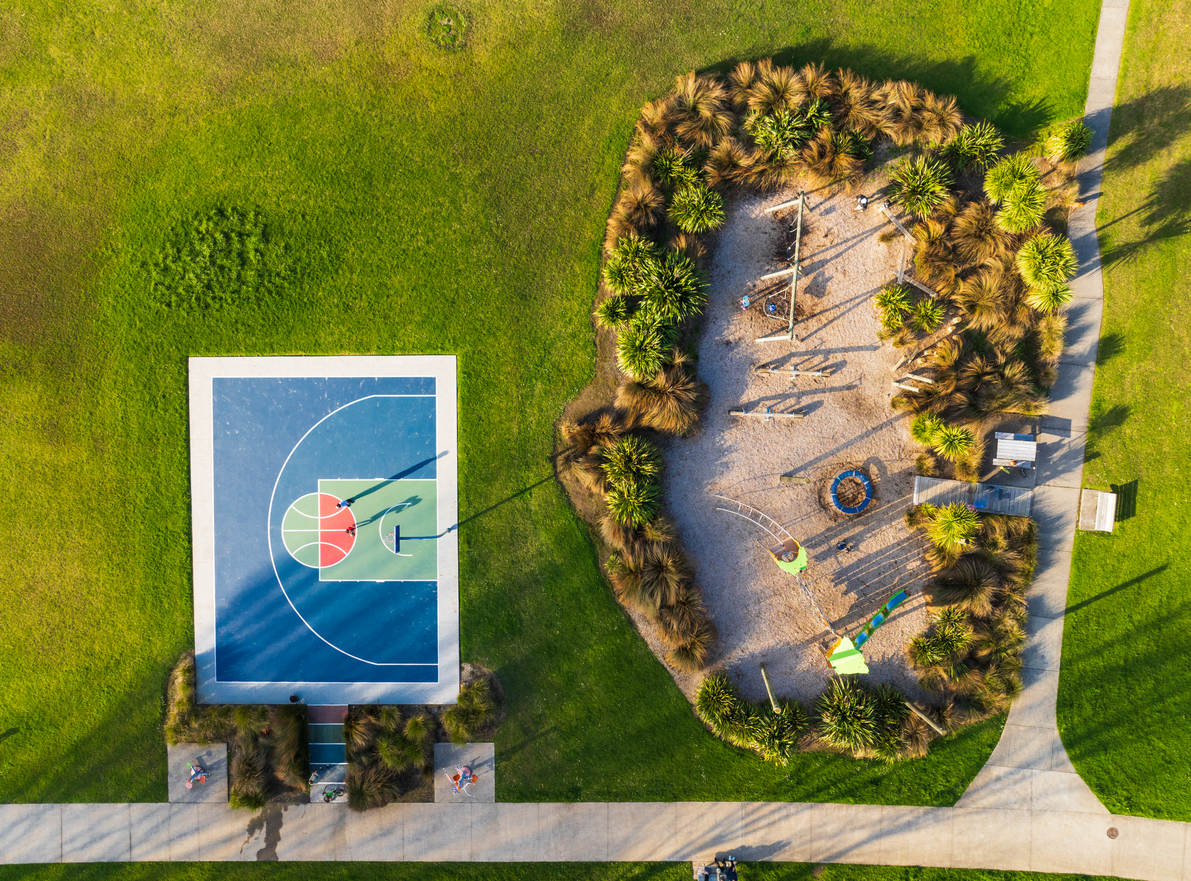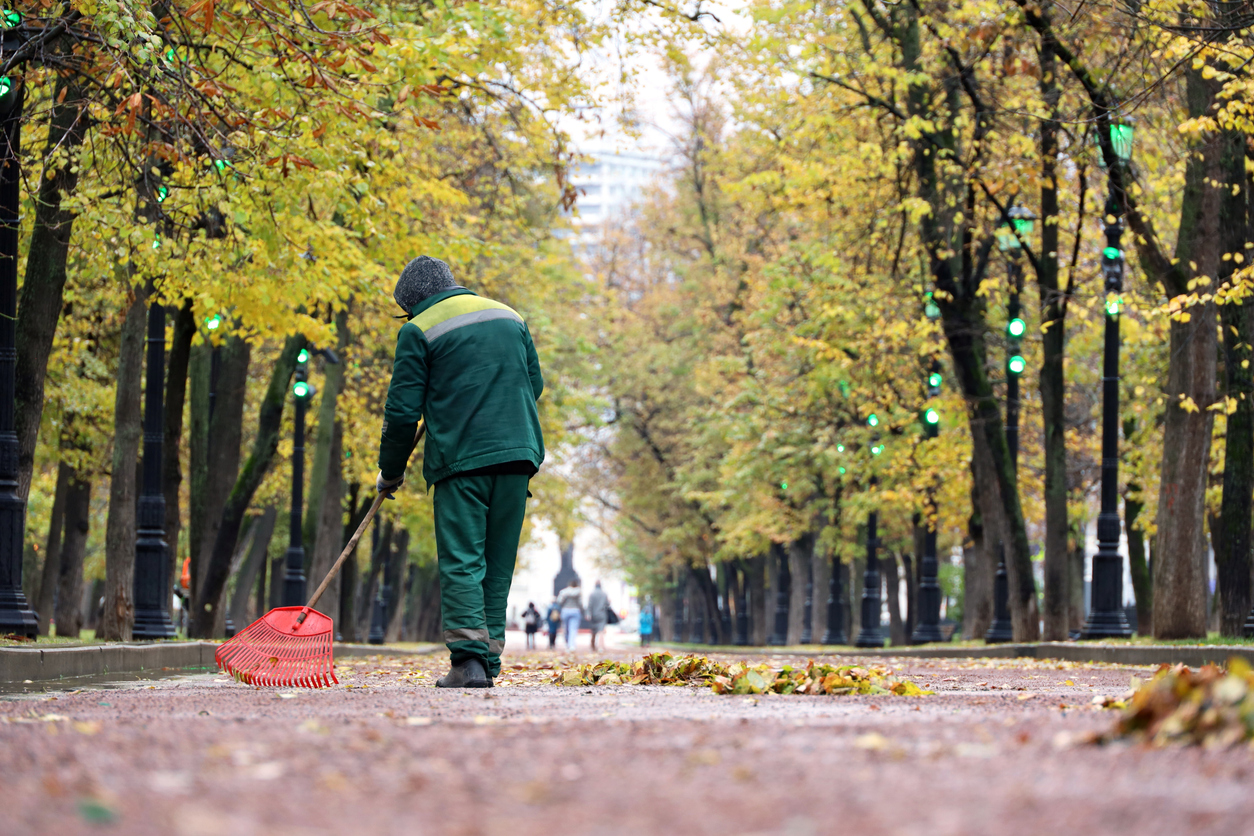When you think about the many programs and services parks and recreation provides, you probably think of sports, summer camps, physical activities, or other leisure activities. Over the past decade, we have seen some new programs launched in parks and recreation designed to further community health. With park agencies now leading the way through public health challenges, parks and recreation agencies need to increase community health and well-being efforts. Agencies must add programs to advance physical and mental health efforts while bringing more educational opportunities to residents of all ages.
Physical Health Programs
Parks and recreation agencies are known for promoting physical health. Many agencies already offer in-person and virtual fitness and exercise programs, but physical health goes beyond just physical activity. A survey done by the National Parks and Recreation Association revealed many parks agencies need programs that promote access to healthy food or health services. Health can come with a high price tag, but these programs offer reimbursable health services for residents:
- Community Gardening Program- Parks and recreation provide gardening materials, access to tools, and other needed support. Once seedlings are grown, produce can be donated to local pantries or shared with the community.
- Nutrition Program for Youth- The food kids eat determines their long-term health. Providing nutritionally balanced, low cost or free lunches to children with a specific income can make nutritious food more easily accessible.
- Nutrition Program for Seniors- Good nutrition for those over the age of 60 years helps prevent high blood pressure, heart disease, diabetes, and certain cancers. Low-income seniors need access to nutritious goods to maintain good physical health.
- Evidence-Based Chronic Disease Prevention and Management Program- The COVID-19 pandemic has proven prevention efforts are greatly needed.
Social and Mental Health Programs
Many parks and recreations already host events for those across various generations, backgrounds, and demographics to relax and connect. We also see many agencies connecting residents by offering volunteer and community service opportunities for those of all ages. Youth and young adults commonly need service hours to fulfill school requirements, but for older adults, they are a way to serve their community while socializing. With stress having such an effect on one’s overall health, there is always room to include more programs to advance the social and mental health of residents:
- Intergenerational Programs
- Social-Emotional Programs
- Wellness Checks
- Continued Learning for Older Adults
- Cultural Programs
Education Programs
Agencies have the opportunity to shape the paths for youth, and many are already doing so. Many parks and recreation agencies offer tutoring or mentoring opportunities for children and young adults. The NRPA found that 61 percent of parks and recreation agencies provide in-person academic and enrichment programs for youth in their area, and 52 percent have virtual programs. Educational programs can have a tremendous impact on the future of youth, so more agencies should consider launching them into their communities if they have not already.
How to Advance
Since the pandemic, many parks and recreation have added new programs to their agencies. These programs are a lot of work but have stuck around due to continued engagement from residents. Promoting the health and wellness of an entire community is not a one-organization or one-department job. Many parks and recreation agencies rely on partners to advance the health and wellness needs of residents, including:
- Libraries
- Community Organizers
- Local Public Health Departments
- Healthcare Providers












